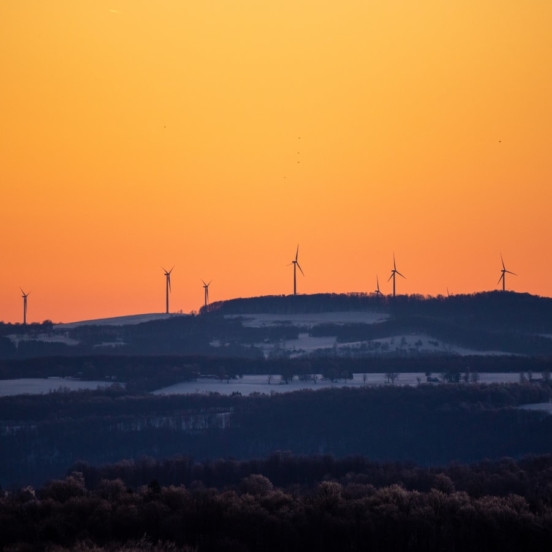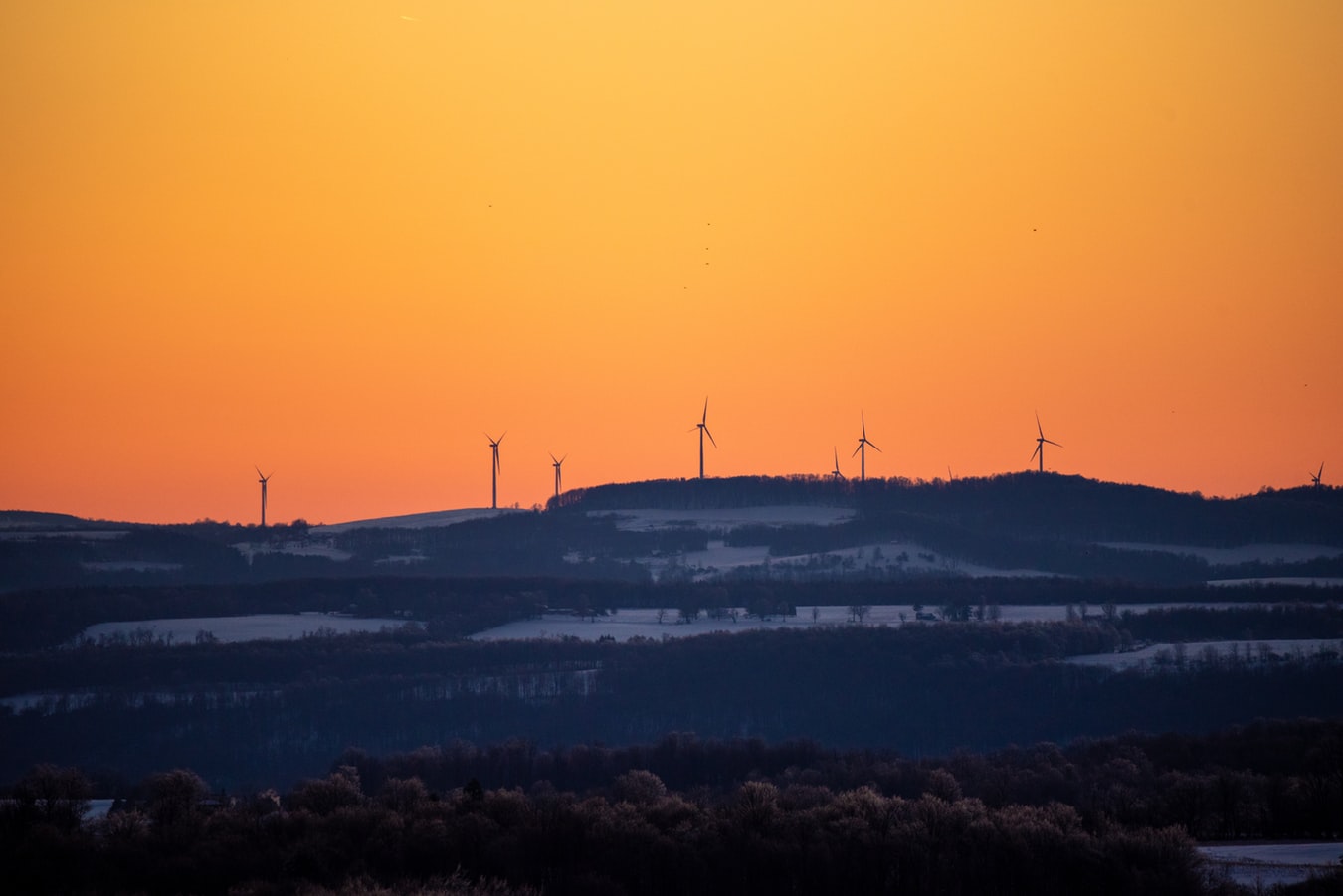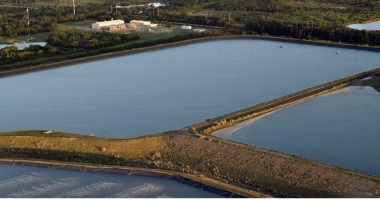Climate, Health and Equity Brief
State, Countries, And Protections Act
June 13, 2019

Hot topic of the week: Clean energy. We talk a lot about the negative health effects of climate change, but this week we focus on the good news from philanthropists, state legislatures and foreign governments on the transition from fossil fuels to renewable energy. Statehouses across the U.S. have taken decisive action in recent weeks: Colorado plans to switch to 100 percent renewable electricity by 2050, Maryland and New Jersey aim to use 50 percent renewable energy by 2030, and Michigan regulators approved a plan to eliminate coal by 2040. Meanwhile, Michael Bloomberg announced a $500 million investment, in partnership with the Sierra Club, to close the country’s remaining 241 coal plants by 2030, lower reliance on natural gas, and transition to clean energy sources such as wind and solar. And across the pond, Ireland has requested the largest order of battery-power trains ever, and U.K. Prime Minister Theresa May just submitted legislation requiring Britain to achieve net-zero emissions by 2050.
Clean energy solutions will reduce both greenhouse gas emissions and air pollution, which will enhance public health and reduce incidences of premature death, even according to Trump’s EPA. Estimates indicate that clean energy jobs currently outnumber fossil fuel jobs by nearly three to one, and clean energy employers anticipate 6 percent job growth in 2019, demonstrating the economic and job opportunities that renewables hold for working Americans.
—Matt & Traci, GMMB
Action
Despite federal inaction, clean energy legislation is popping up across the U.S., with states like Colorado, Maryland and New Jersey passing laws requiring that their electrical grids shift away from fossil fuels. (Grist)
In Michigan, the public utility Consumers Energy is on course to eliminate its use of coal entirely, with plans to shut down its Karn coal-fired plant by 2023 and ramp up solar and other renewables immediately. (Utility Dive)
Michael Bloomberg has announced $500 million climate action plan to help U.S. states transition to renewable energies. (Fortune)
Ireland’s decision to transform its rail system has just led to the largest order of battery-powered trains ever, an enormous step towards reducing the nation’s carbon emissions. (CITYLAB)
Health
A new study finds that due to climate change, the Southeastern U.S., along with other global regions, is becoming increasingly vulnerable to dengue fever. (The New York Times)
Increasing wildfires in the American West pose long-lasting health risks for those exposed to the smoke, even from hundreds of miles away, forcing schools and local governments to set new standards for building air purification systems. (Outside)
Record rainfall and flooding in the Southeast and Midwestern U.S. are threatening drinking water supplies, endangering lives and inflicting long-term damage on crops and farmers’ livelihoods. (Vox)
Limiting warming could prevent thousands of heat-related deaths in U.S. cities, particularly among vulnerable populations like the elderly, according to a new study. (CITYLAB)
Equity
As extreme weather plagues the U.S., homeowners struggle to afford the rising costs of flood insurance, even as the likelihood of more frequent and violent storms increases. (NPR)
Following a student walkout in March, the Portland Public School Board has approved significant funds to integrate climate justice into school curricula. (The New York Times)
After one of the driest rainy seasons in Somalia in more than three decades, as many as 2.2 million people are at risk of starvation. (The Guardian)
|
“The nation that leads the clean energy economy will be the nation that leads the global economy.”
–Barack Obama
Have feedback on this issue? Email us

)





